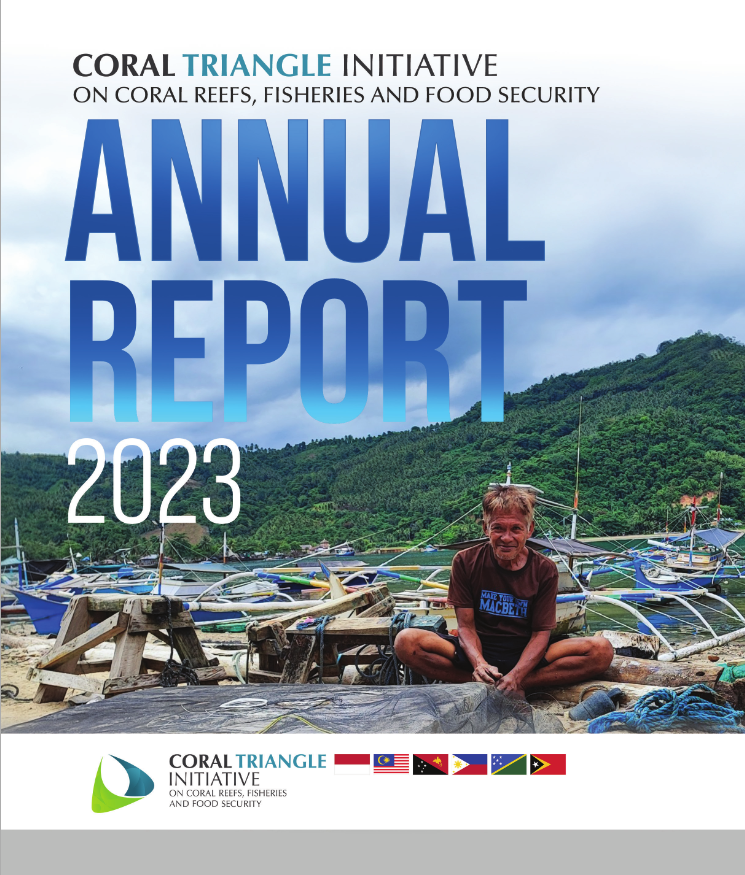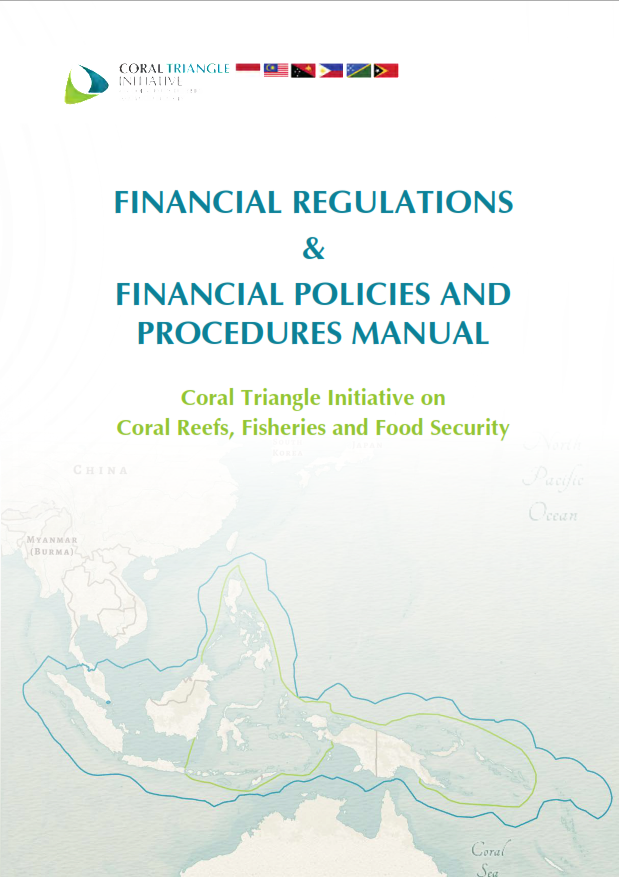CTI-CFF an Excellent Example of “Culture of International Law” in Southeast Asia, says Indonesian Ambassador
Claimant states in the South China Sea need not look far to see how countries in the region can work together for the greater good over a large swath of waters devoid of maritime boundaries, an Indonesian diplomat said in a recent commentary, which cited the CTI-CFF as one of at least two “concrete and excellent state practices in Southeast Asia.”
Described as “a strictly personal view,” the commentary was published by the S. Rajaratnam School of International Studies, a Graduate School of the Nanyang Technological University in Singapore
The author, Mr. Arif Havas Oegroseno, is Indonesia’s Ambassador to Belgium, Luxembourg, and the European Union, and President of the 20th Meeting of the States Parties of the United Nations Convention on the Law of the Sea (UNCLOS) 1982.
Mr. Oegroseno stressed, “Whether you like it or not, the current prevailing law to settle maritime boundaries is UNCLOS 1982. . . regardless of your historical record.”
But even in the absence of maritime boundaries, countries can work together, Mr. Oegroseno asserted, recalling that in the negotiations over the CTI-CFF in 2007, four of the six CTI-CFF Countries – Indonesia, Malaysia, the Philippines and Timor-Leste – had no maritime boundaries.
“Yet they managed to work together, even establishing a Secretariat, to address the urgent threats facing the coastal and marine resources of one of the most biologically diverse and ecologically rich regions on earth,” Mr. Oegroseno said.
He cited a second example: “In the busiest waters on earth – the Strait of Malacca and Singapore – the three littoral states of Indonesia, Malaysia and Singapore have been able to work together in the areas with little maritime boundaries, all for the larger good.”
“The larger interest [in the CTI-CFF] is the protection of the environment; in the Straits of Malacca, it is maritime security. They are public goods promoted and protected by countries regardless of the lack of maritime boundaries.”
Recent escalations in the overlapping claims in the South China Sea “are not the regional norm -- they are an anomaly to the existing state practice in Southeast Asia and must be corrected,” Mr. Oegroseno averred. “It is my conviction that all claimant states in the South China Sea, especially China, which is also a Permanent Member of the UN Security Council, carry the moral, political, and legal responsibility of creating peace and stability in the world and are able to work together peacefully.”
To download full commentary, click here (external link).



